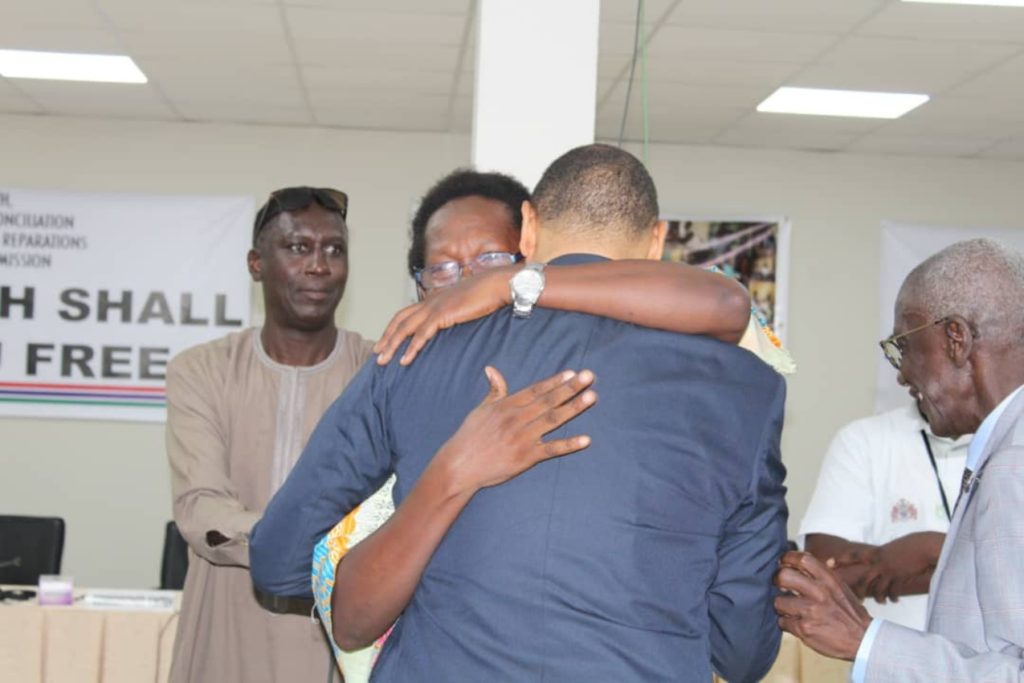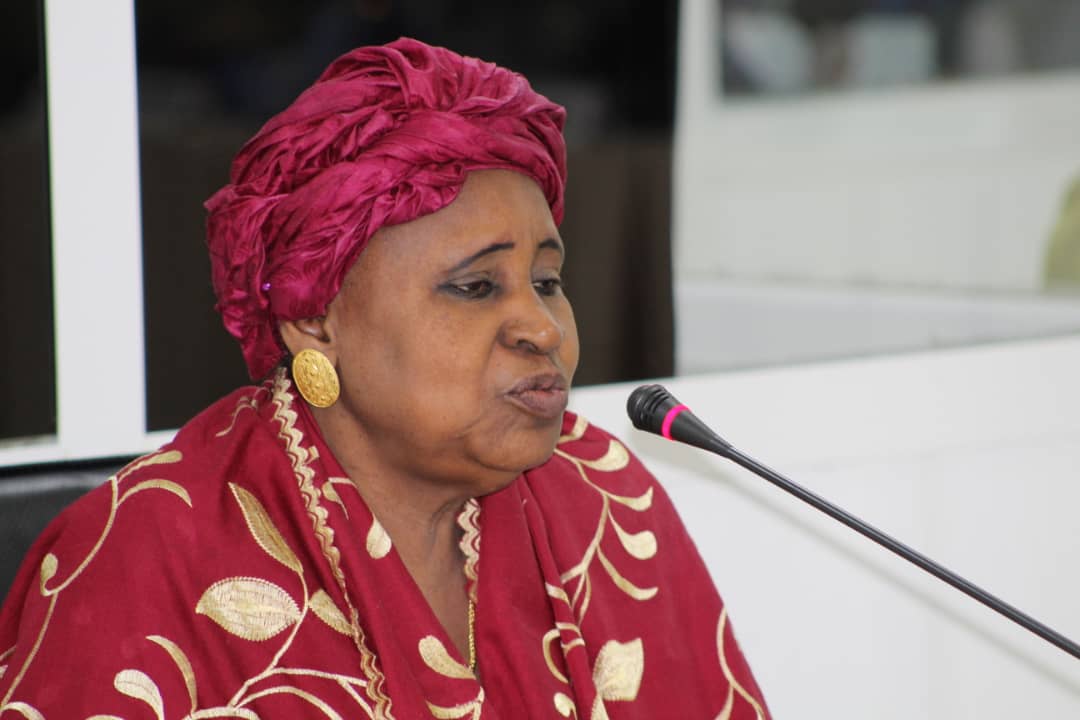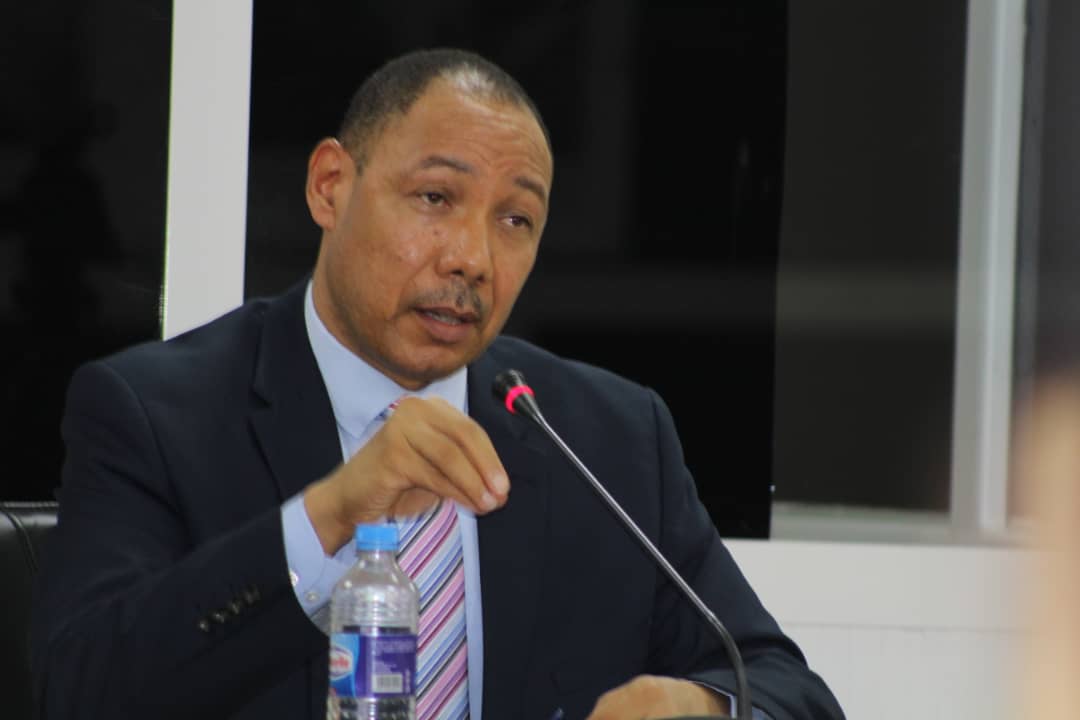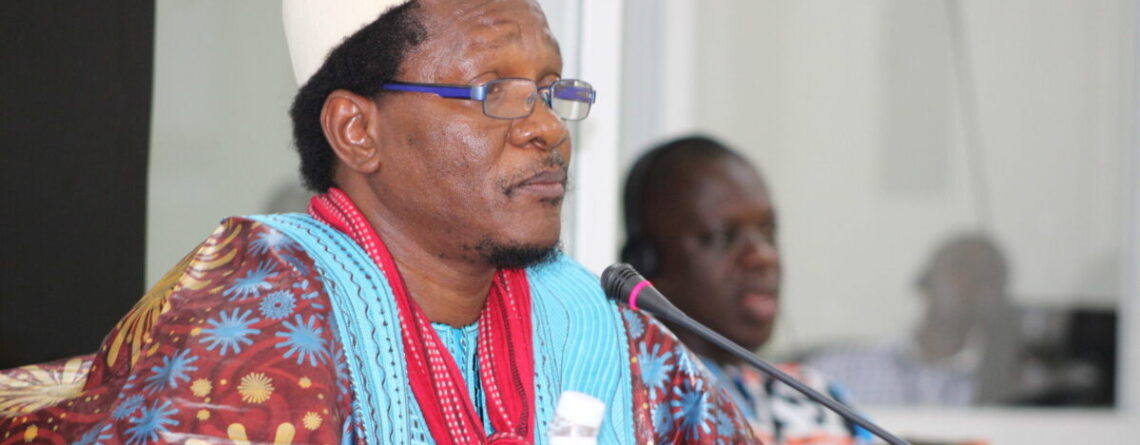No amnesty for Sanna, Edward, ex-VP Njie-Saidy, but some junglers may walk free
The TRRC’s amnesty committee had received and reviewed 25 applications for amnesty. Out of that, 11 were dismissed, 8 were denied, 5 were approved and 1 was referred to the Attorney General’s office. The government accepted all of TRRC’s recommendations on amnesty except one. With it, at least three people who served at the second-highest office in the country as well as a former army chief may face long-waited justice for their alleged crimes of human rights violations. This story looks into who does and does not get an amnesty
The 1994 junta vice chair Sanna Sabally could be put on trial as the Gambia government declines to grant him amnesty for his crimes which include unlawful killings and torture.
“Sanna is one of the people who bears the greatest responsibility for the human rights abuses and violations, especially in the early days of the previous government,” the gov’t says in the White Paper.
Released at midday today, the White Paper contains the position of the government on the recommendations of the Truth, Reconciliation and Reparations Commission (TRRC) following its investigations into human rights violations that occurred under former President Yahya Jammeh.

Sanna, now 57, was second in command in the Armed Forces Provisional Ruling Council (AFPRC), a five-member Jammeh-led junta that seized power in 1994 and morphed into a civilian government..
Before the fallout out that saw him incarcerated, tortured, and later exiled, he was feared for his ‘ruthlessness’. Amongst other rights violations, he confessed to having participated in the ‘extra-judicial’ killing of at least a dozen soldiers who attempted to stage a counter coup d’état on Nov. 11, 1994.
Browse through this graph to see who does and who does not get amnesty
“I gave the orders for the execution. I take full responsibility,” said Sanna, referring to the soldiers who were rounded up and shot at point blank in the forest and buried in mass graves.
Yet, the TRRC had recommended for him to be granted amnesty in view of his level of cooperation and ‘full disclosure’ as well as the torture and imprisonment that he himself suffered.
However, the TRRC’s decision was roundly criticised as ‘insensitive and illegal’, especially from human rights activists and victims of human rights violations.
And in responding to the amnesty question with respect to Sanna, the government disagrees with the justification advanced for amnesty, paving the way for him to face justice, something his victims would welcome.
“I believe in prosecuting all perpetrators first before reconciliation, even though we need that as a country,” said Abdou Aziz Barrow, son of Basiru Barrow, leader of the counter-coup that Sanna crushed. “We need individual reconciliation as well as national reconciliation.”
Edward, ex-VP Njie-Saidy denied Amnesty
Sanna was not the only person who sought amnesty. He is among at least 25 people who filed applications for an official pardon. They include Edward Singhateh, a senior junta member, who was defence minister, before replacing Sanna as junta vice chair, and former Vice President, Isatou Njie-Saidy. Both were refused amnesty by both the TRRC’s amnesty committee and the government.


While Edward’s application was rejected on the basis that he did not give full disclosure and had flatly denied responsibilities for atrocities he was associated with, including the murder of finance minister Koro Ceesay, Njie-Saidy was not let go for her role in the April 10/11 student demonstration.
“I was five months old when my dad was shot and killed,” said Fatou Barrow, 22, and journalism student. Her father, Omar Barrow, a red cross volunteer and journalist was shot and killed during the April 10 students demonstrations.
“Jammeh, Isatou Njie and others deserved to be prosecuted for the shooting of students on April 10 and 11… They took innocent lives of very young people but also kill some who were breadwinners of their families like my dad,” she told Malagen.
Some Junglers may walk free
Some Junglers may walk free
However, at least three of the junglers, a hit-squad of the former president responsible for at least more than one hundred unlawful killings and tortures, have been considered for amnesty by the government as per TRRC recommendations.
Malick Jatta, Omar Jallow and Pa Ousman Sanneh are said to have given full disclosure and are to be used as witnesses against their superiors. The government says it will assess their utility in line with its prosecution strategy.
However, the decision was not welcomed by some of the victims who spoke to Malagen. “I don’t think any sensible government would definitely do that; to grant amnesty to people who have committed serious crimes against humanity,” said Isatou Jammeh, a victims rights activist. Her father, Haruna Jammeh, a brother to the former President Yahya was killed by the junglers on the orders of Jammeh.
“I believe that these junglers do not deserve to be granted amnesty because, at the end of the day, they committed an international crime,” she added.
Research and additional reporting by Mariama Keita, Adama Joof and Hawa Njie

